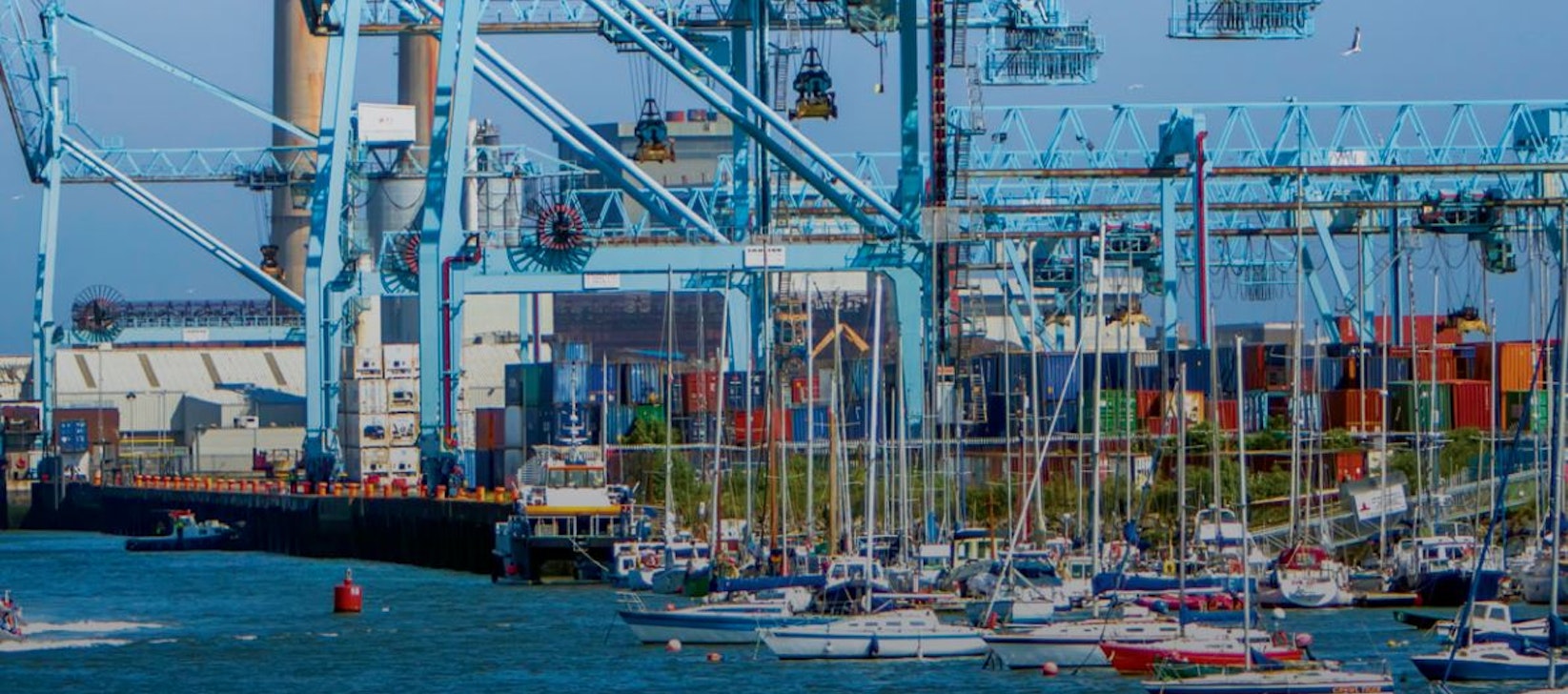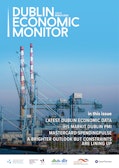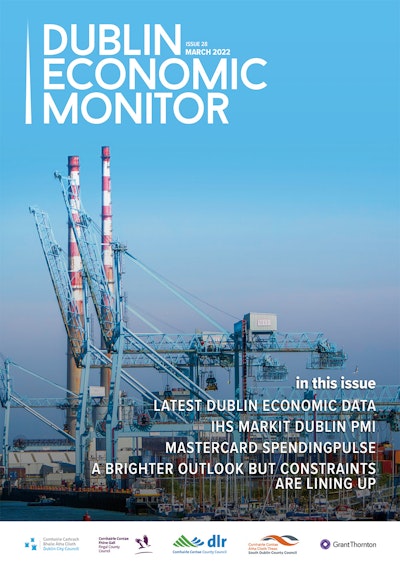The latest Dublin Economic Monitor, published this morning by the four Dublin Local Authorities, shows that the Capital’s economy is performing well as the worst of the Covid-19 pandemic passes, yet constraints in specific sectors are apparent.
Dublin’s IHS Markit Purchasing Managers’ Index (PMI) shows that private sector business activity continued to increase markedly in Dublin during Q4 2021, with growth rates in the Capital exceeding those recorded across the Rest of Ireland. The strongest expansion was in Dublin’s manufacturing sector (index reading of 63.8, where a reading above 50 signifies growth), followed by services (59.7) and construction (56.4). Despite this robust performance across the main sectors, the overall expansion rate in business activity in Q4 (59.4) was softer than in Q2 and Q3 2021.
According to data from MasterCard, retail spending in the Dublin economy recorded further growth in Q4 2021 as consumer demand remained strong. Total retail spending in Dublin rose by 0.4% QoQ and 5.1% YoY to reach a new peak index reading of 138.5. The most significant uplift was in the Entertainment segment where hotels, restaurants and bars experienced QoQ expenditure growth of 14.7%.
In the labour market, a new peak in Dublin employment of over 760,000 was reached in Q4, with particularly notable expansions in the industrial and construction sectors. The Capital’s unemployment rate descended further in Q4 2021 to stand at 5.4% (SA), though some fluctuation in the rate may be expected in the coming quarters as remaining PUP recipients are transferred to non-PUP state supports. Job vacancies in Dublin also soared in February 2022 with postings on the Indeed website rising to almost 50% above pre-pandemic levels.
Activity in the residential property market expanded in December 2021, with more than 2,200 property transactions (SA) marking the conclusion of a strong year. Property prices also accelerated in the month, with a 13.4% YoY expansion recorded. This was the strongest rate of growth since 2015.
Passenger journeys on Dublin’s public transport network rebounded in Q4 2021. Over 52 million journeys (SA) were recorded, representing a doubling in usage both QoQ and YoY. The greatest uplift was on Dublin Bus where QoQ growth reached 18.9 million journeys or 116.3%.
Dublin’s hospitality sector recorded a mixed start to the New Year. Seated diners at Dublin restaurants more than doubled (+132.8%) in mid-February, when compared with the pre-pandemic 2019 baseline, though both occupancy rates and Average Daily Rates at hotels in the Capital fell back in January.
Commenting on the Dublin Economic Monitor’s findings, Andrew Webb, Chief Economist with Grant Thornton, said:
“A stronger economic outlook for 2022 reflected optimistic businesses and consumers as pandemic restrictions eased more fully. Potential constraints to growth such as labour shortages, inflation and the Russian invasion of Ukraine, are building and may prompt a rethink.”
The Dublin Economic Monitor is produced by Grant Thornton on behalf of the four Dublin Local Authorities to provide timely, reliable data and commentary on the economic landscape of the Dublin region. It covers 18 key indicators, consumer spending data from the MasterCard SpendingPulse™ and provides regular insights into different aspects of Dublin’s economy.


